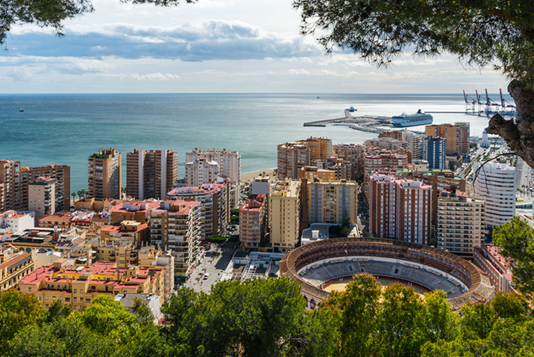MADRID, July 7, 2019 (BSS/AFP) – After protesting for years in front of
hotels, a group of Spanish chambermaids has scored victories in their
struggle to end subcontracting of their services, which leaves them poor and
exhausted.
“We point accusing fingers at hotels by going right to their doors and
shouting ‘exploitation here’, so they’re a little scared of us,” says Myriam
Barros, one of the spokeswomen of the group called “the Kellys”.
Discreet at work where clients hardly see them slipping into rooms, they
turn into “warriors” when they put on their activist green t-shirts, the 40-
year-old says.
“The Kellys” movement — a contraction of “las que limpian” in Spanish, or
“those who clean” — was born in 2014 on Facebook. An association followed in
2016.
Since then, “they have managed to make visible to society the very hard
work of more than 150,000 chambermaids,” says Gonzalo Fuentes of the CCOO
union.
– ‘Hygiene only superficial’ –
The world’s second tourism destination, Spain beat a new record in 2018
with 82 million foreign visitors.
But the Kellys like to rock the boat.
On Twitter, the movement’s Madrid section has warned holiday-goers: “Don’t
stay in a hotel where the cleaning is subcontracted.”
“If you don’t do it for us, do it for yourself as the quality of (hotel)
stars is no longer a guarantee and hygiene is only superficial.”
Since Spain’s labour market reform in 2012, many hotels have sacked their
employees and subcontract cleaning services to “multiservice” companies.
Barros says working conditions there are considerably worse than in
hotels, with salaries down some 40 percent.
She herself says she is “privileged”, employed by a four-star hotel in
Lanzarote in the Canary Islands and paid 1,600 euros ($1,800) a month.
But she’s fighting for other chambermaids around Spain who are
subcontracted and “clean more than 400 rooms a month on average for 800 euros
net.”
They risk being fired if they protest or fall ill.
But the protests are bearing fruit.
In the southeastern resort of Benidorm, “eight hotels we denounced this
winter had to give us two days of rest a week instead of one because the
health and safety executive forced them,” says Yolanda Garcia, 55, the local
spokeswoman for the Kellys.
“But we still clean on average 25 to 27 rooms a day, with four beds a room
often in the summer.”
Contacted by AFP, the Spanish Confederation of Hotels and Tourist
Accommodation refused to comment.
– Three euros per room –
As representative of the Kellys, Barros in March received the “TO DO Award
Human Rights in Tourism 2019” at Berlin’s international tourism fair in
March.
Back in 2017, they went to the European Parliament to denounce ever-
increasing subcontracting.
On Madrid’s Plaza de Espana (Spain Square), Angela Munoz, a 56-year-old
head housekeeper, points at various hotels.
One is a “five-star hotel where chambermaids don’t even get three euros
per cleaned room, there is another, which has a very nice pool, where it’s
not even 2.5 euros.”
Last year, then conservative prime minister Mariano Rajoy had a meeting
with a Kellys delegation, just before he was toppled in a no-confidence vote.
“We were included in a list recognising job-related illnesses that affect
our arms, to shut us up slightly,” says Barros.
The movement is waiting to see what Socialist Prime Minister Pedro
Sanchez’s government will do.
The tourism minister and junior minister “have already met several times
with the Kellys,” a government spokeswoman said, adding it has taken steps
towards regulating subcontracting.
In 2016, the Socialists, in opposition at the time, had presented a bill
to “guarantee that subcontracted workers… get the same conditions than if
they were employed directly,” in vain.
The association, meanwhile, would like a “Kellys law” that simply bans
subcontracting of cleaning services.



